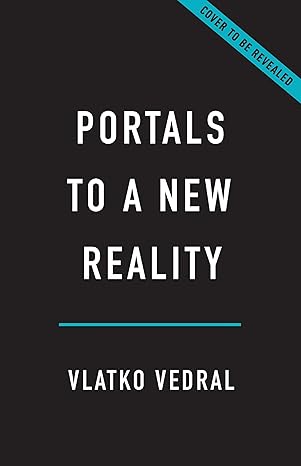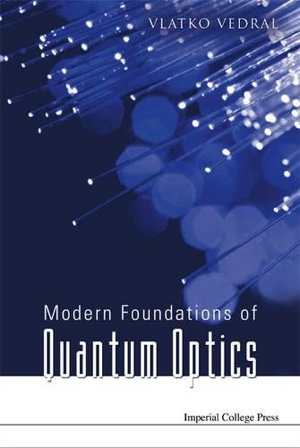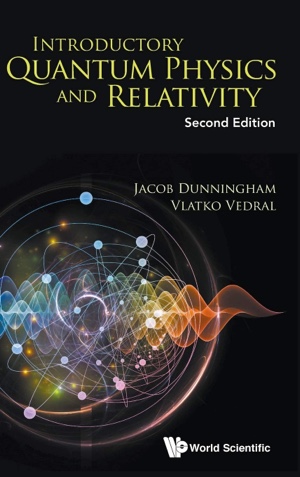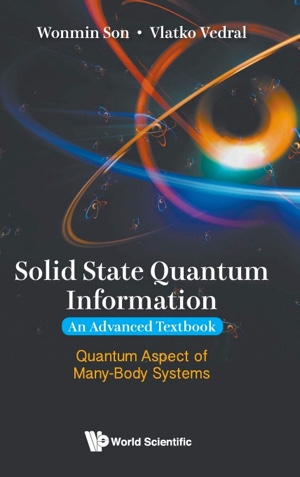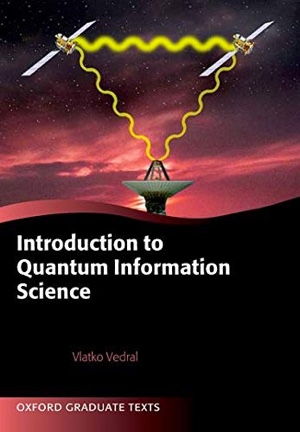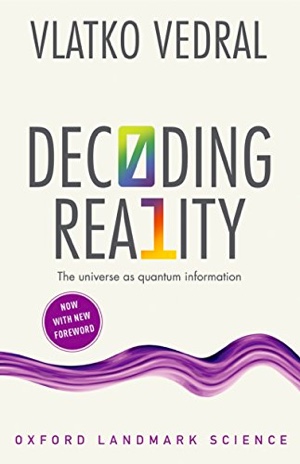Remembering the Future
This post is about retrocausality, which is the notion that an effect could precede its cause. The TV goes off before you pressed the remote control. You die, only then to be born later.

Photo by Kelly : https://www.pexels.com/photo/time-lapse-photography-3119955/
I would love to tell you a joke about retrocausality, but I won’t, because you didn’t like it. Seriously, though, I want to discuss this and a number of other (what I would consider to be) “dead end” streets that have been explored in physics (and are still being explored!), especially in relation to quantum physics.
Retrocausality is the notion that there are things in the future that can affect things we experience in the present. It is clearly a notion for which we don’t have any “hard” evidence, though there is a great deal of reported anecdotal evidence out there (none really believable, but it’s up to you to make up your mind). Unsurprisingly then, retrocausality is not independent from other quirky notions such as time-travel, or the pseudoscientific claims linked to clairvoyance, extra-sensory perception, premonition and so on and so on, the list just keeps going…
In quantum physics, retrocausality comes in when trying to understand entanglement. In particular, it is connected with the famous Einstein-Podolsky-Rosen “paradox” (not really a paradox, but more a surprize that quantum physics is like this). Einstein, in particular, was baffled by the fact that the uncertainty principle of quantum physics tells us that we cannot know the position and the velocity of any particles simultaneously. In fact, the better we know one of the two, the less well we know the other one. Remember what Heisenberg said to the policeman stopping him for speeding: “No, I don’t know how fast I was going, but I know exactly where I’m at”.
Ha, ha, ha. But for Einstein this was no laughing matter. The reason is that entanglement allows two particles to have exactly correlated positions and speeds at the same time! Why does this not violate the uncertainty principle?
Well, Einstein thought it did. This is the crux of the EPR argument. Say that you measure the position of one of the two such entangled particles. Because they are entangled, this tells you about the position of the other particle. But then you can measure the speed of the other particle. So now this allows you to know both the positions and the speeds of both particles! The key assumption is that the particles are far from each other so that the measurement of one cannot causally (travelling no faster than the speed of light) affect the other (you can probably already see how retrocausality will be enlisted to help out here).
Claver. Einstein, with the help of Podolsky and Rosen, was using quantum mechanics to beat quantum mechanics. Use entanglement to beat the uncertainty principle. Speaking of fighting fire with fire, Roger Penrose has used a similar argument to say that gravity will cause a collapse of quantum superpositions. This too is somehow related to the uncertainty principle, but I won’t elaborate on it here, not to get too side-tracked 😊.
The problem with the EPR argument as I see it, is that there is no violation of the Uncertainty principle there at all. This is because with two measurements we can indeed measure both position and speed. However, this does not mean that these values hold simultaneously. They don’t. You can do this even with a single particle, first measure one property then another, but this is not the same as knowing the two properties at the same time. Even more, the order in which you measure things will affect the results. First measuring the speed then the position, will give you two different numbers as results to first measuring the position then the speed.
But, some people have considered the EPR argument to be a serious blow to quantum mechanics and therefore that entanglement is something really in need of further clarification to avoid inconsistencies and paradoxes (which, people like myself maintain, are not there in the first place).
Anyway, the issue is – in very simple terms – whether we can avoid entanglement and still explain the results of measurements (which all confirm entanglement so far) by using states that are not entangled. Could we have a local description of the state of one system and another local description of the other system? Again, my answer would be yes, but the local things have to be what I have been referring to as q numbers (Dirac’s original terminology). However, lots of people are dissatisfied with that too, and they would like the ordinary classical (c) numbers to be able to do the job.
Bell’s inequalities tell us that c numbers won’t work, unless there is something faster than light going between the entangled particles. This includes signals from the future, which are – under some conditions – equivalent to superluminal communications. How does this work? Well, we take the measurements on the particles (one being that of the position and the other one of the speed) as the initial (past) values of these quantities for the particles themselves, but also as the coming-back-from-the-future values for the other particle (in order to “mimic” the entanglement between them).
This way, each particle is characterized by two c numbers, which pertain locally (in space) to the particle. However, they are highly non-local in time given that one of the two numbers (for each particle) has to be communicated back from the future.
Before I proceed to tell you what could be concluded from this (it is all very entertaining for a person like me), I’d like to give you my two cents on why this does not help much when it comes to understanding entanglement. The reason why this doesn’t help, is that we are rewriting the history to account for what has already happened – i.e., once we have done all our measurements. This defeats the point of science which is all about predicting the future.
The whole point of quantum physics is that if you know exactly what the position of the particle would be when you measured it, you cannot at all know what its speed would be. It’s all about the indeterminacy of the future measurements. There is no such problem with the past since, if you have already measured them, you know the outcomes you got. They are recorded in your memory or in your log book or you told them to a friend or anything else that generates a track record.
In quantum physics, we cannot know – even in principle – the results of arbitrary future measurements. The only two ways out of this (if you think you need a way out of it, like Einstein did) is to either go into retrocausality or to endorse superdeterminism (a phrase I don’t like as I think determinism is itself already super). Superdeterminism simply says, all the results are in the initial conditions of the universe. You think you are able to measure arbitrary things in the future (a position of this, speed of that, etc), however, you don’t have the freedom to do so since it is all predetermined.
You can see why retrocausality and superdeterminism are similar in nature. You can also see that superdeterminism doesn’t really do anything for science since it lacks any predictive power (unless you really know the initial conditions of the universe, which would be like the being we call Laplace’s demon). Both also lack explanatory power since they always answer the question “why did this happen?” with “because this is what the initial condition or the future outcomes tell us”. And neither can tell us what will happen.
Now, the crazy stuff, as promised. Since brains are just physical systems, and they record our measurements, what is true for entangled particles, ought to be true for our perception. Here is what W. C. Davidon concludes in his analysis of retrocausality in the EPR paradox: “In the example considered, F’s record shows the value of a quantity determined by final and not initial conditions. Since F may be a person aware of making this record, we conclude that, even though we assume that our perceptions are fully determined by the values of physical quantities, they are not fully determined by our pasts.” F here stands for one of the two people measuring one of the entangled particles, the other person being W (I’ll let you guess who W is, but it sure helps to know that F is his Friend).
To be fair to Davidon, his paper is carefully written and does not speculate more than what I just quoted (he was also a mathematician, so all is forgiven). But, this kind of stuff has since been frequently blown out of all proportions. It’s led some otherwise good scientist to take telekinesis, spoon bending and other “paranormal” phenomena more seriously than they ought to (don’t get me wrong. I take magic seriously, but I know that it’s just what it is: a sleight of hand and nothing more).
Every year The Economist comes up with a special issue predicting things in the following year. I am still cheesed off with the scientific editor for cutting and pasting my email into an article (verbatim) a few years ago and not even acknowledging me for making the predictions for them. Admittedly, I did get it wrong (no, China didn’t make the World’s first Quantum Computer in 2017), so perhaps I ought to just keep quiet about it. However, let me now make another prediction, this time for 2024. Entanglement and q numbers will still be with us and we will learn that an even greater range of phenomena is genuinely quantum, just as our current understanding suggests. I don’t, just yet, dare predict that experiments will confirm that gravity is also quantum in 2024. That’s probably too soon. But – more importantly – I’ve had absolutely no communications from the future telling me otherwise.
Sign up to my substack
BOOKS
ASK ME ANYTHING!
If you'd like to ask me a question or discuss my research then please get in touch.
